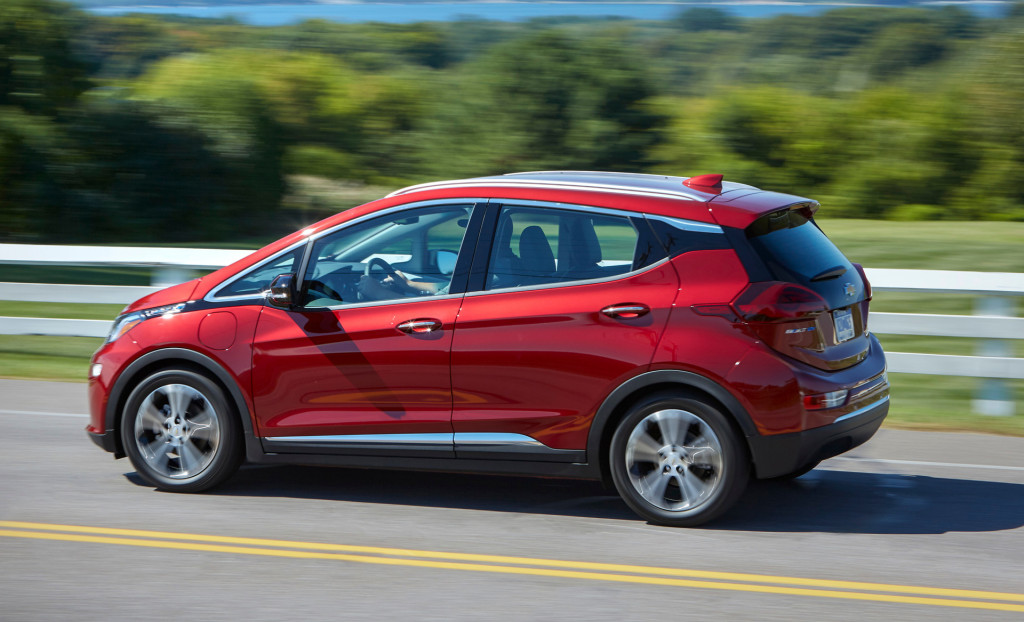The coronavirus pandemic hasn't changed Americans feelings about electric cars, but car shoppers do expect more from EVs, according to a new J.D. Power survey.
A lung-related pandemic throws the need for reduced emissions into stark relief, but Americans' views of electric cars remain about the same as they were at this time last year.
The J.D. Power 2020 Q3 Mobility Confidence Index Study measures opinions of survey respondents on a 100-point scale. It found that feelings about electric cars were roughly neutral, at 54 points on the scale, down from 55 points in Q3 2019.
J.D. Power did note rising expectations for driving range and charging times, however. More than three-fourths (78%) of respondents said they expected a range of 300 miles or more, up three percentage points from Q3 2019.

2020 Chevrolet Bolt EV
The percentage of U.S. respondents willing to wait only 15 minutes or less for charge recovering 200 miles of range also increased to 45%, from 41% in Q3 2019, according to J.D. Power.
Only 13% of respondents said they expected to buy an electric car at some point between now and 2022, while 30% said they had no intention to ever consider buying one, Kristin Kolodge, executive director of driver interaction and human-machine interface research at J.D. Power, said in a statement.
While the Q3 2020 survey and its 2019 counterpart share a somewhat pessimistic tone, a wider range of surveys have also suggested that charging availability is a problem. In a 2019 Volvo/Harris poll, 61% of respondents cited lack of charging infrastructure as the most significant factor holding back their purchase of an electric car.
There may be more room for optimism on range, however.
In a survey published earlier this year, AAA concluded that owning an EV will cure range anxiety and other concerns. The big battery packs needed to get headline-grabbing range figures also aren't the greenest way to go electric—and may not even be necessary for many car buyers.












